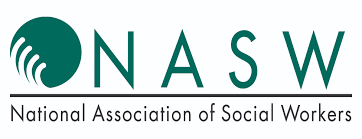NOTE: If you are not interested in receiving CEs, this webinar is also available for free without the CEs option, here.
Policy change is essential to addressing the social problems (identified by each of the Grand Challenges) that continue to assail our families and communities. If we want policy-makers to value evidence and to incorporate the results of rigorous scholarship, social work researchers and educators need to become “policy savvy.”.
This webinar will focus on strategies researchers and educators can use to make research useful to policy-makers. It will be presented by two individuals experienced in both research and policy practice. The webinar will enhance the ability of social work academics to (1) translate and package their research in ways that maximize its impact with policy audiences, (2) adopt strategies to effectively communicate with policy-makers and policy influencers, (3) build partnerships with key stakeholders who have the skills and connections to effect policy change, and (4) provide participants with skills to bridge the research and policy divide. The presenters will demonstrate strategies for communicating research findings to both the legislative and executive branches of government; share examples of how social work research has successfully been used to influence policy outcomes; and provide guidance on the how advocacy organizations, coalitions, and expert workgroups use research to influence policy. They will share practical tips for translating research findings into briefs and fact sheets and will facilitate an exploration of potential partnerships between academic researchers and policy professionals. Opportunities will be provided for discussion.
Learning objectives:
- Make strategic choices in packaging research to maximize its influence with policy-makers in both the executive and legislative branches;
- Identify potential partners and work collaboratively with advocacy organizations, coalitions, and expert workgroups to convey research findings that can influence policy; and,
- Provide participants with skills to bridge the research and policy divide.



